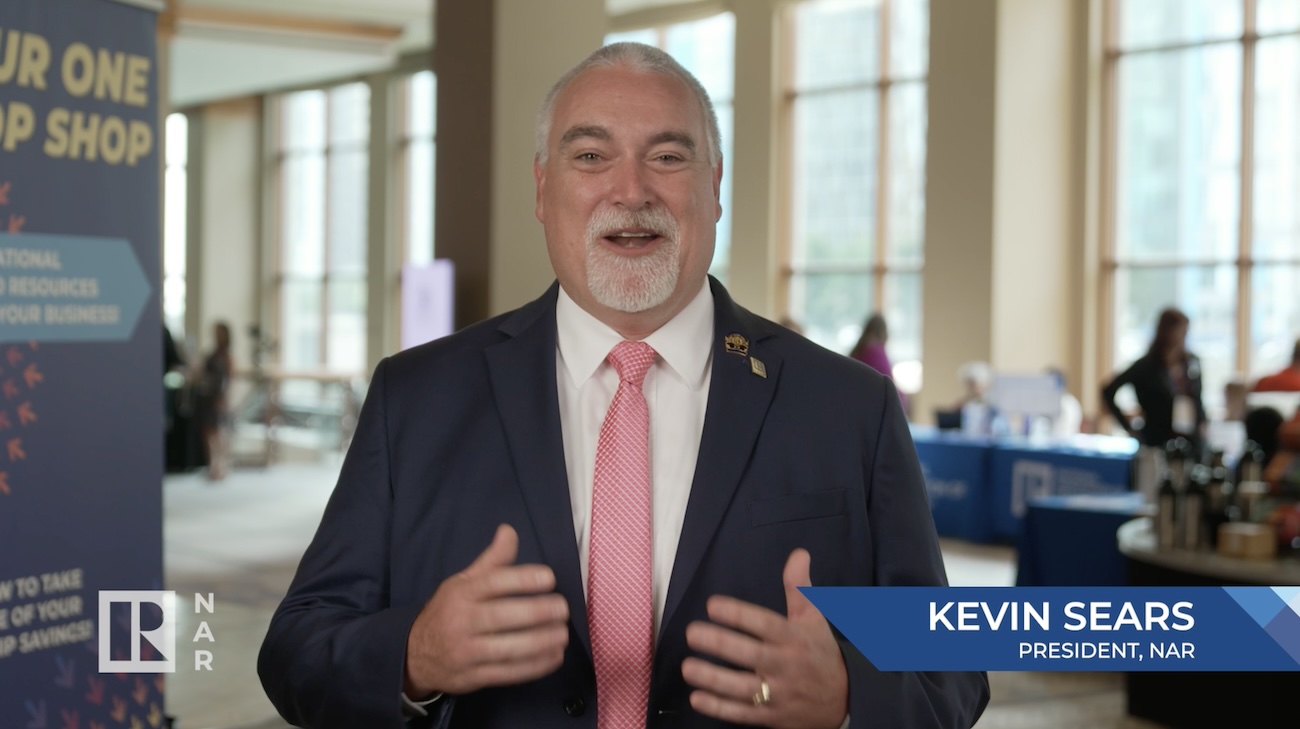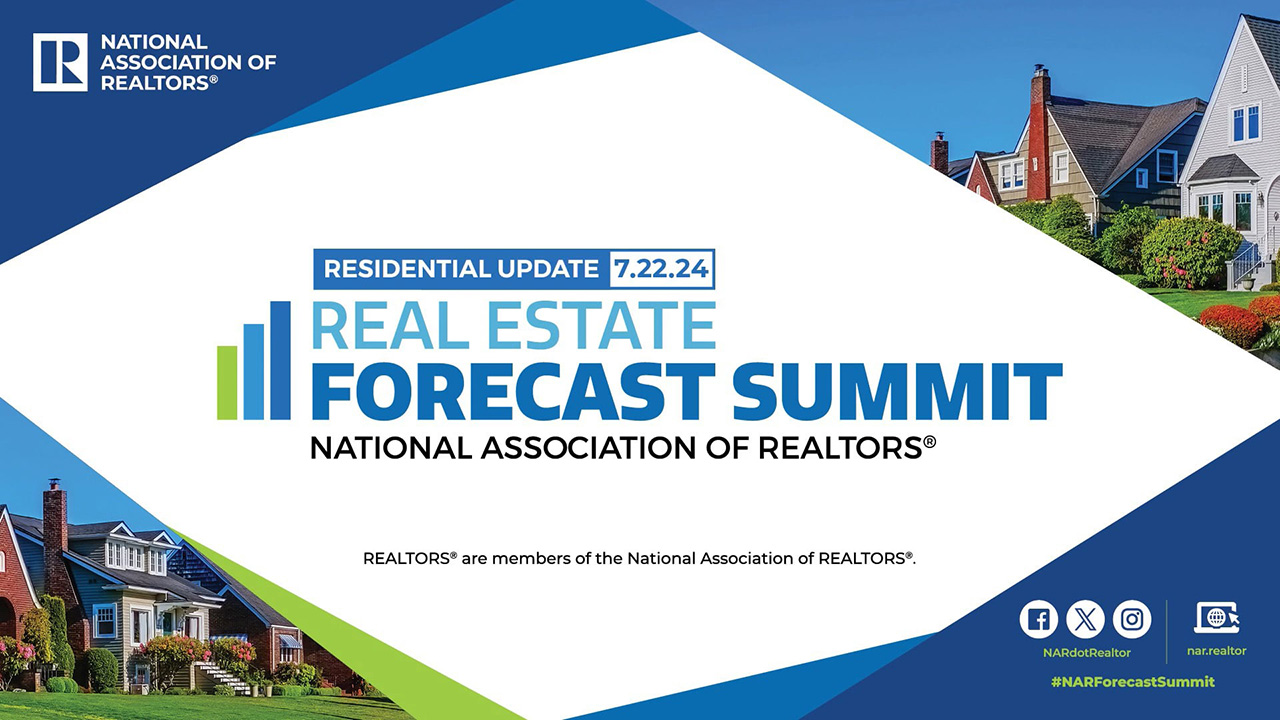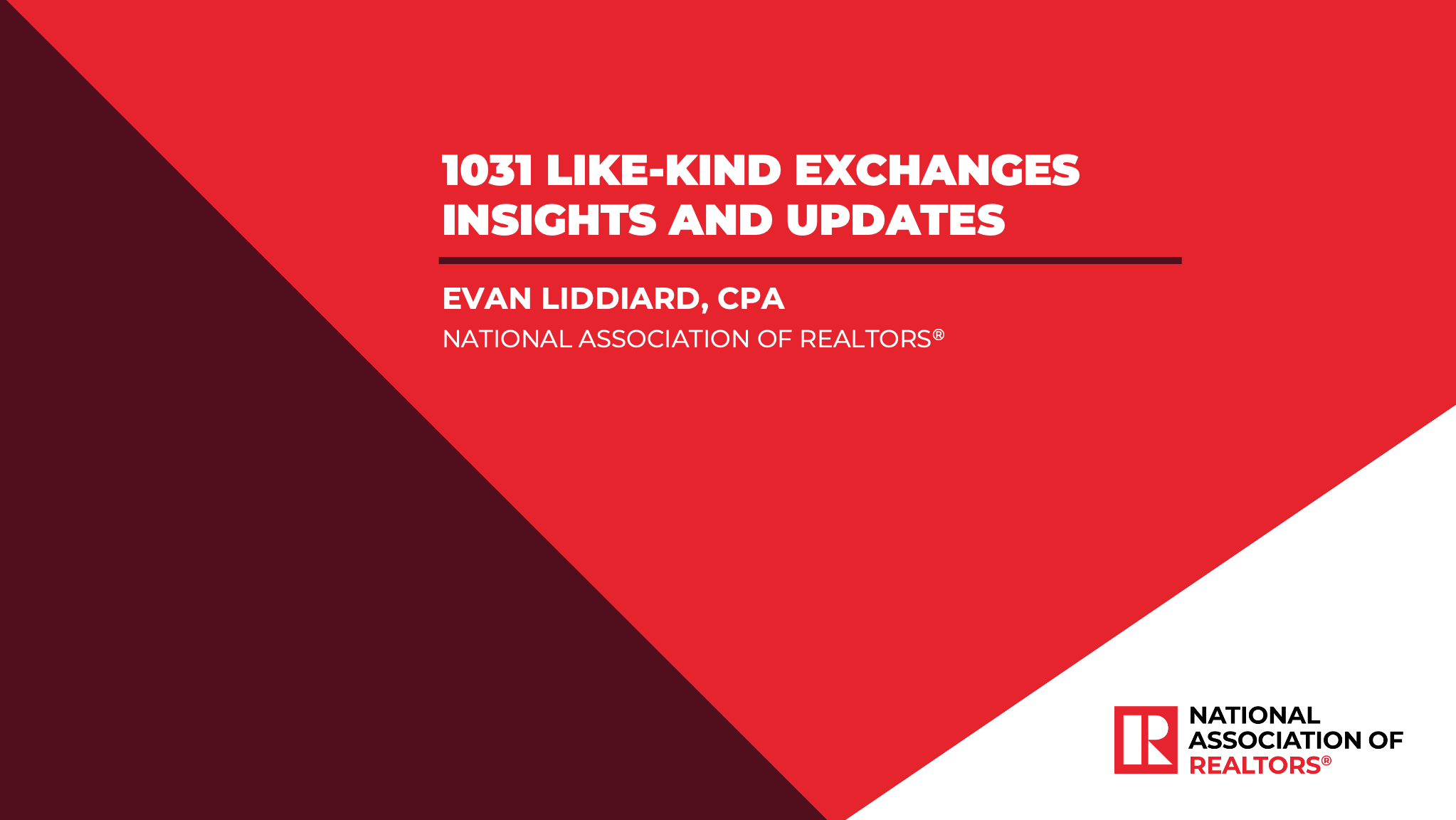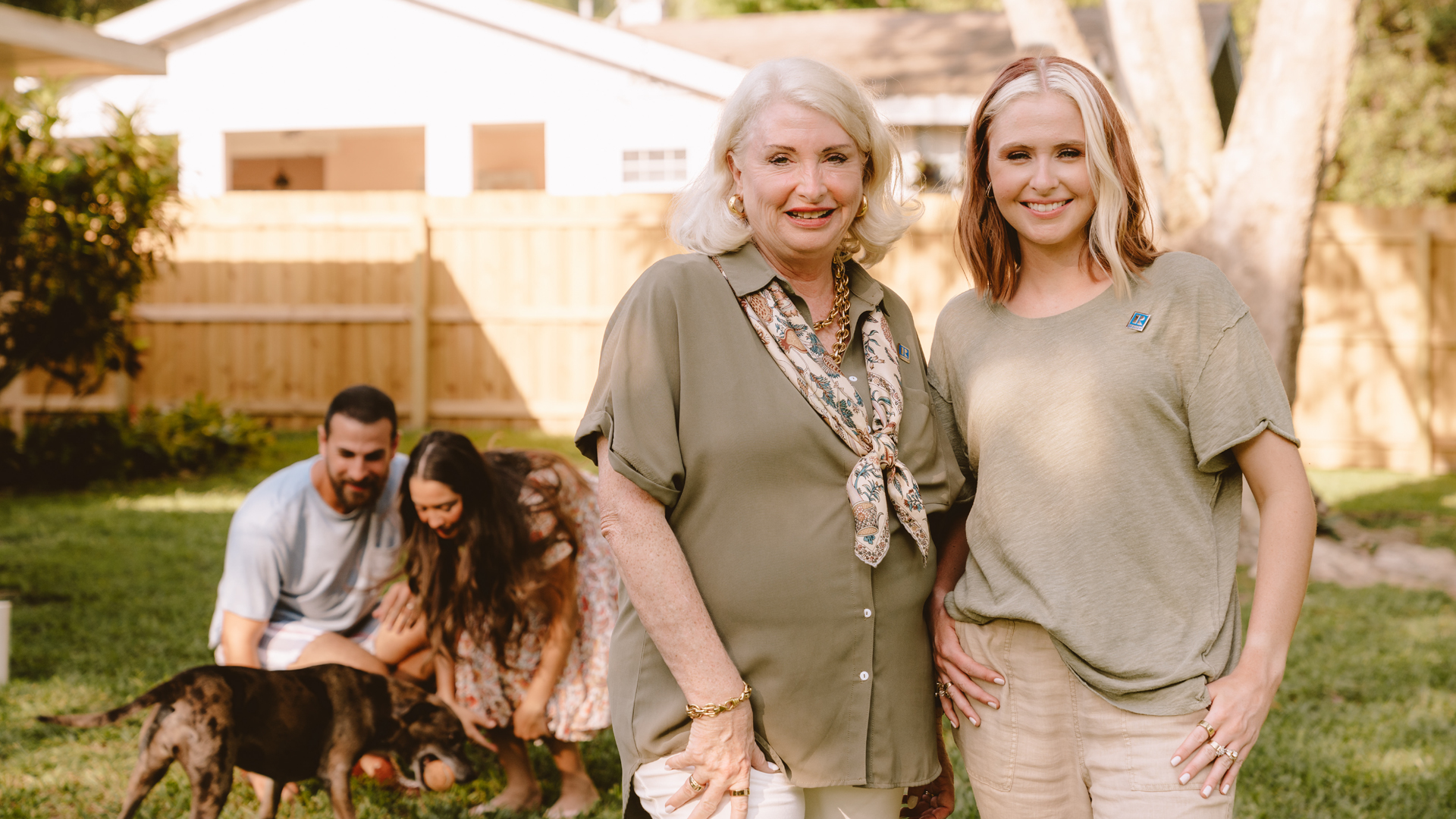On January 28, 2020, the U.S. Department of Housing and Urban Development issued long-awaited guidance offering housing providers a set of best practices to help navigate the often-tricky scenario of assessing a person’s reasonable accommodation request for a support animal under the Fair Housing Act.
Under the Fair Housing Act (or “FHA”), a housing provider must modify or make exceptions to pet policies, which may be necessary in order to allow a person with a disability an assistance animal in order to have equal opportunity to enjoy and use a dwelling. As a reminder, “assistance animals” under the FHA covers a broader range of animals than “service animals” under the Americans with Disabilities Act. Assistance animals include a trained service animal, or other animals that do work, perform tasks, assist, and/or provide therapeutic emotional support for individuals with disabilities that affect major life activities.
HUD reports that 60% of the fair housing complaints it receives relate to reasonable accommodation requests. With an increasing number of those complaints involving assistance animals, you can avoid legal liability by becoming familiar with and following this guidance.
Indeed, not all circumstances are equal, and housing providers can sometimes face difficult determinations as to how to comply with FHA’s reasonable accommodation requirement. With its recent guidance, HUD attempts to reduce the burden on housing providers in those uncertain situations, allowing housing providers to more easily identify the type of documentation they need and what they can request from an individual in support of the accommodation request. This helps housing providers distinguish between instances where a person with a legitimate, but not-so-obvious disability requests a reasonable accommodation for an assistance animal, versus where a person without a disability is simply trying to pass their pet off as an assistance animal to avoid paying pet fees or live in a pet-free property.
HUD’s guidance provides both a set of step-by-step best practices for assessing a person’s request for an assistance animal as a reasonable accommodation; and Guidance on what information a housing provider may ask for regarding the accommodation request.
5 Key takeaways from the Best Practices include:
- If a person has an observable disability, avoid asking the person for documentation supporting that the individual has a disability; instead seek confirmation of a connection between the individual’s disability and the assistance animal;
- And arguably, most relevant of the “take-aways” - Housing providers can request reliable documentation, which HUD acknowledges is unlikely satisfied by the provision of internet documentation obtained by websites that sell certificates, registration and licensing documents;
- Housing providers may not limit the breed or size of assistance animal, but may refuse a reasonable accommodation for an assistance animal if the specific animal poses a direct threat that cannot be eliminated or reduced by the individual controlling the animal (such as keeping the animal in a secure enclosure);
- A person requesting an animal other than a common domestic animal, such as a monkey, bears a substantial burden to demonstrate the need for that specific animal or specific type of animal;
- Before denying a reasonable accommodation request due to a lack of information confirming the individual’s disability or need for an animal, the housing provider is encouraged to engage in a good-faith dialogue with the requestor.
HUD’s guidance also provides clarity regarding a housing provider’s ability to obtain documentation of a person’s need for an accommodation, often required when a person’s impairment is not observable, such as an impairment substantiating the need for an emotional support animal. While HUD’s guidance confirms that housing providers are entitled to request information about a person’s disability and the need for the assistance animal, a housing provider may not require an individual provide his or her diagnosis. A housing provider may request information such as a federal, state or local government-issued disability determination, a receipt showing the person’s disability benefits, or confirmation of disability from a healthcare professional - including information as to whether they have a professional relationship with the patient, the date of their last consultation, and whether the patient’s impairment substantially limits at least one major life activity and why the patient needs the animal.
Persons with disabilities who rely on the legitimate support of their assistance animals deserve the protections afforded to them by the FHA. With HUD’s guidance, housing providers now have an additional tool to ensure such protections are provided while also helping housing providers avoid extending such protections to those seeking to exploit weaknesses in the system.
































































